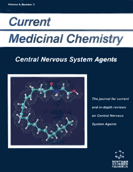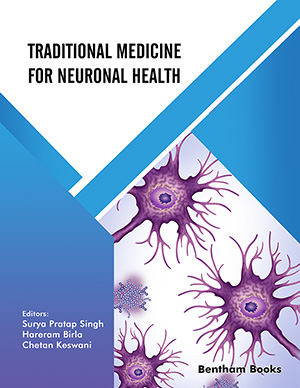Abstract
The life cycle of a protein consists of highly regulated stages of synthesis, maturation, activity, and degradation. The last stage of this cycle frequently occurs through the ubiquitin-proteasome system, which tags and destroys proteins in the cell. Work in recent years regarding the ubiquitin-proteasome system has extended into the field of neurobiology, where the system is critical for proper neuronal function. In this review, we summarize existing knowledge regarding the ubiquitin-proteasome pathway and recount recent studies that frame its importance in neuronal development and synaptic plasticity. Furthermore, we discuss the evidence for protein degradation in neuropathologies, concentrating on neurodegenerative disorders characterized by ubiquitin-rich protein aggregates. We conclude by surveying ongoing drug discovery efforts directed at the ubiquitin-proteasome pathway. Although the current focus of potential proteasomal drugs is on cancer, the prevalence of this pathway in neuronal function makes it a tantalizing target for future central nervous system therapeutics.
Keywords: Ubiquitin, neuron, synapse, plasticity, neurodegeneration, proteasome, protein degradation, trafficking
 6
6













